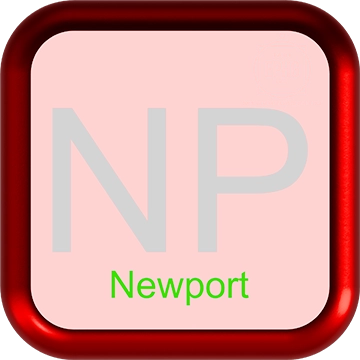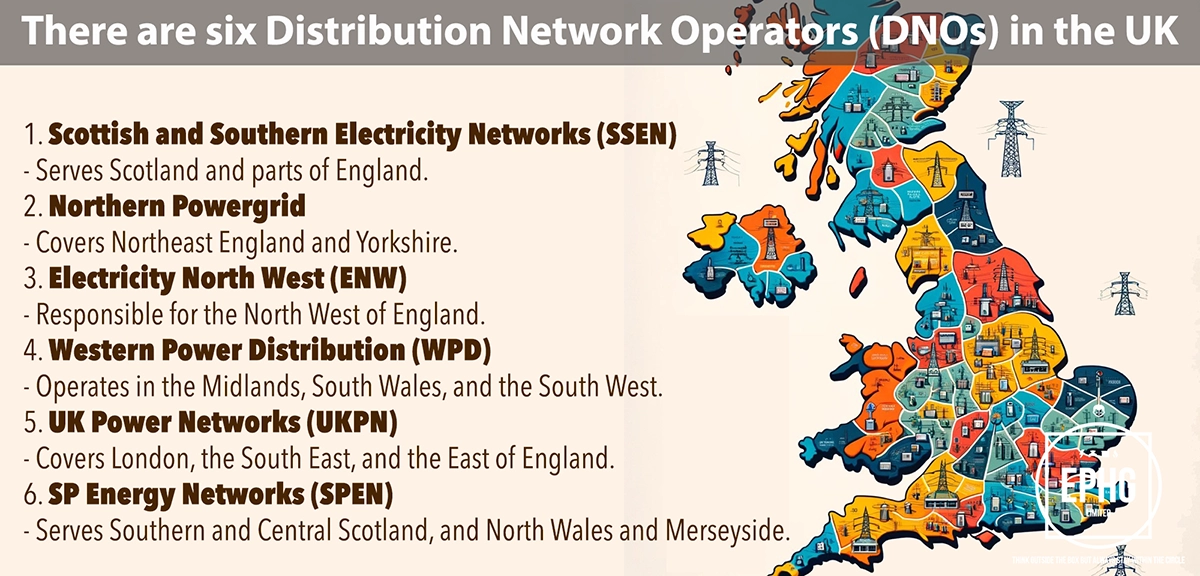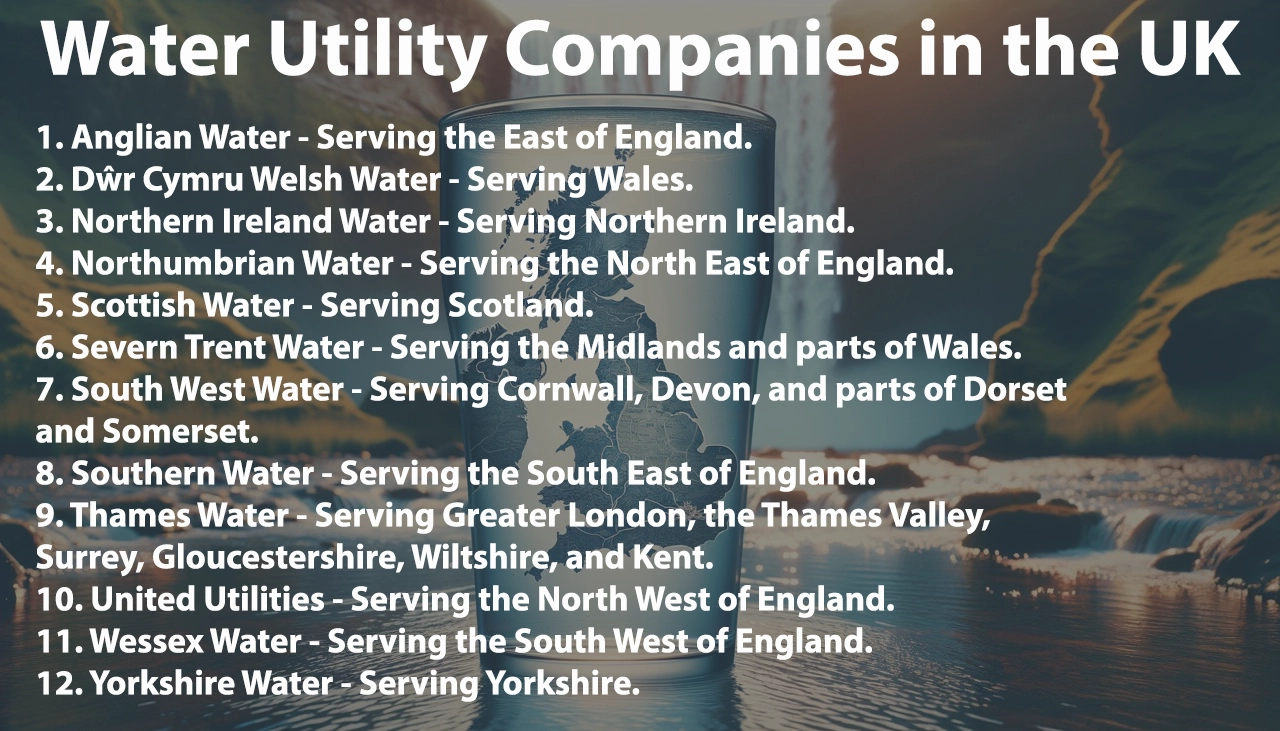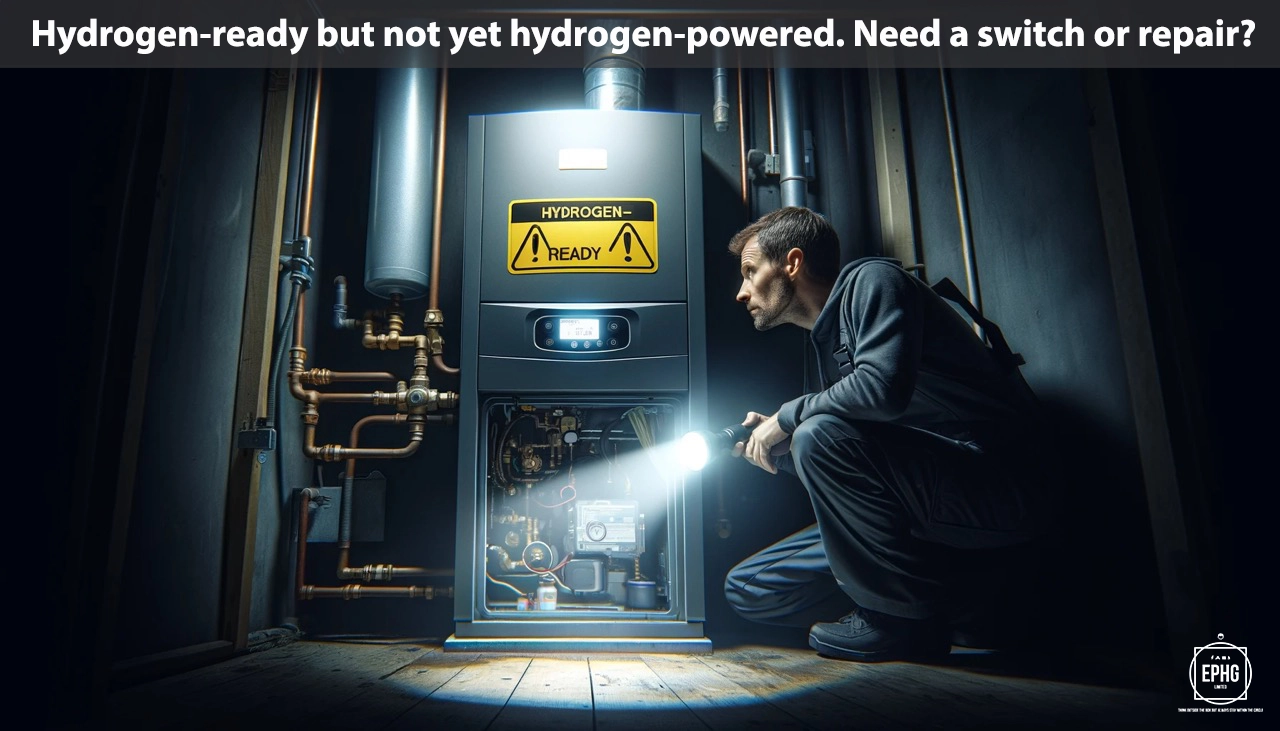
NP Postcodes for Utilities & Services in Newport
Introduction: The NP postcode area, encompassing Newport and its adjacent regions, offers a blend of urban innovation and natural beauty. Here, we delve into the area's water and electricity provision, highlighting any notable services and environmental efforts.
Water in Newport
Where does the water supply come from in Newport, and is there ever a shortage of water?
In Newport, the primary water supply largely comes from the River Usk, renowned for its quality and scenic surroundings. The area is served by several reservoirs and treatment facilities ensuring that water meets the highest standards before it reaches households and businesses. Despite generally sufficient water provision, Newport faces its challenges with climate variations and urban expansion. However, local authorities and Welsh Water diligently monitor water levels and quality, adopting proactive measures to prevent shortages. The infrastructure in Newport and its environs is well-equipped to manage supply dynamics, though conservation remains a priority for sustainability and environmental stewardship.
What is the hardness & quality of the water in Newport, and can this affect your health?
Water in the Newport area is typically characterized by moderate hardness, which is beneficial as it minimizes corrosion in pipes and appliances without the high mineral content found in hard water areas. The water's quality is subject to stringent checks, ensuring it is safe and pleasant for all uses. While the water's mineral content is balanced for health, residents can rest assured that it undergoes thorough testing for any contaminants, aligning with stringent safety standards. The local community and officials continue to prioritize water quality, safeguarding public health and well-being.
Electricity in Nottingham
Where does the electric supply come from in Nottingham, and what is the future of energy there?
Nottingham's electricity supply is increasingly green, reflecting a shift from traditional energy sources towards renewable and sustainable ones. The city, known for its commitment to becoming a carbon-neutral hub, harnesses energy from various sources including solar panels, wind farms, and biomass. Nottingham is pioneering in the use of renewable energy, with significant developments in solar energy installations and energy-from-waste plants. The city's future energy strategy is firmly anchored in sustainability, aiming to balance urban growth with environmental responsibility. Investments are continuously being made in renewable energy infrastructure, enhancing Nottingham's reputation as a leader in green energy within the UK.
When is hydrogen coming to gas boilers in Nottingham?
Nottingham is exploring the integration of hydrogen technology as part of its broader green energy initiative. While specific timelines for hydrogen-adapted gas boilers are still under development, the city aligns with national goals for reducing carbon emissions. Efforts include research into hydrogen compatibility within existing infrastructure and potential pilot projects. As Nottingham advances towards cleaner energy solutions, residents will be kept informed and supported during transitions to more sustainable heating options.
Where does the wastewater go in Nottingham?
In Nottingham, wastewater management is a critical component of the city's infrastructure, aimed at protecting public health and the environment. Residential, commercial, and industrial wastewater is treated at modern facilities such as the Colwick Wastewater Treatment Works. These facilities use advanced processes to remove contaminants, ensuring the water meets or exceeds environmental standards before being returned to natural waterways like the River Trent. Nottingham continues to invest in wastewater treatment technologies and infrastructure, underlining its commitment to environmental stewardship and public health.
Regions and Services:
The NG postcode encompasses a range of urban and rural landscapes, from the bustling city center of Nottingham to the serene Nottinghamshire countryside. Key regions within this area include:
- Nottingham City: The heart of the region, leading in green energy initiatives and infrastructure developments, hosting a blend of historic sites and modern amenities.
- Mansfield and Newark: Market towns that combine rich historical heritage with contemporary services, reflecting a blend of traditional and new energy solutions.
- Beeston, Bingham, and Hucknall: Suburban areas where community-focused renewable energy projects complement urban utilities, fostering sustainable living environments.

Regions within the NP Postcode
Newport and Surrounding Areas
- NP10: Bassaleg, Duffryn, Rogerstone - Suburbs of Newport with residential communities and access to local amenities.
- NP11: Risca, Crosskeys, Newbridge - Areas combining the urban and rural, with valleys and industrial history.
- NP12: Blackwood, Pontllanfraith, Wyllie - Towns known for their local businesses, community spirit, and green spaces.
- NP13: Abertillery, Blaina, Brynithel - Valleys communities with deep mining heritage and natural landscapes.
- NP15: Usk, Raglan - Picturesque towns known for their historic sites and rural charm.
- NP16: Chepstow, Sedbury, Beachley - Areas near the England-Wales border with historical castles and Wye Valley beauty.
- NP18: Caerleon, Langstone, Llanwern, Nash - Rich in Roman history with modern residential developments.
- NP19: Eastern and central parts of Newport, including Maindee and Alway - Diverse urban areas with parks and amenities.
- NP20: Newport city centre, Pillgwenlly, Maesglas - The heart of Newport, featuring shopping, cultural sites, and waterside developments.
Wider Gwent and Monmouthshire Areas
- NP22: Tredegar, New Tredegar - Towns in the Blaenau Gwent area with historical significance and community focus.
- NP23: Ebbw Vale, Brynmawr - Known for steel production history and transformation into modern towns.
- NP24: Newbridge, Elliots Town - Small communities within the valleys, known for their scenic surroundings.
- NP25: Monmouth, Redbrook, Wyesham - Historical town of Monmouth and surrounding countryside.
- NP26: Caldicot, Magor, Rogiet - Areas with historical landmarks and growing residential developments.
- NP44: Cwmbran - A new town with comprehensive shopping centers, business parks, and community amenities.
Additional Notes
- Some NP areas such as NP7 (Abergavenny), NP8 (Crickhowell), and NP4 (Pontypool) are not listed above but are important parts of the NP postcode region, each contributing its unique history, community, and natural beauty to the region.




